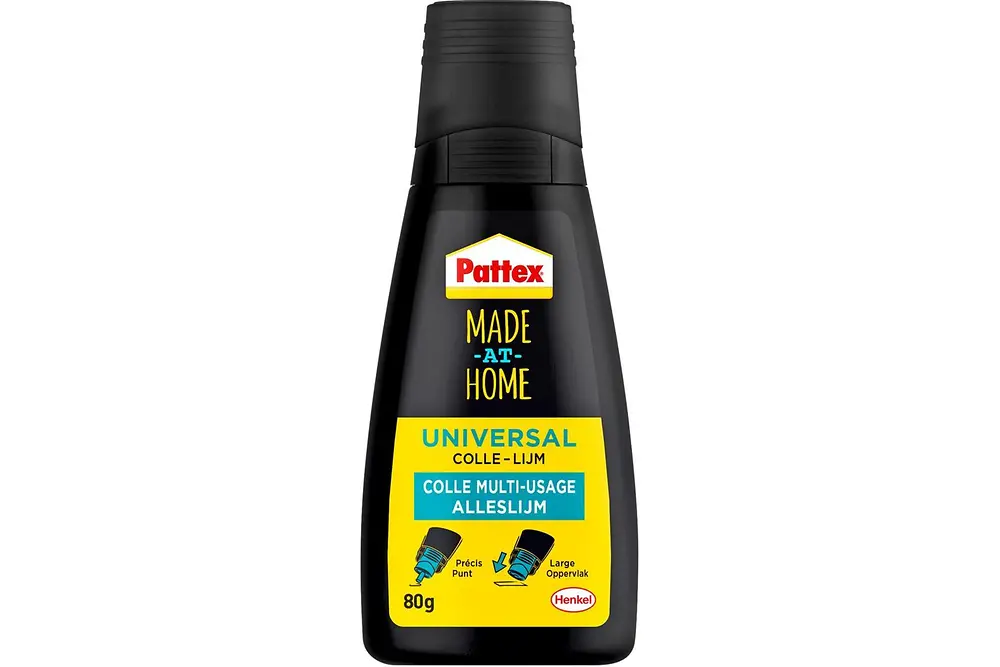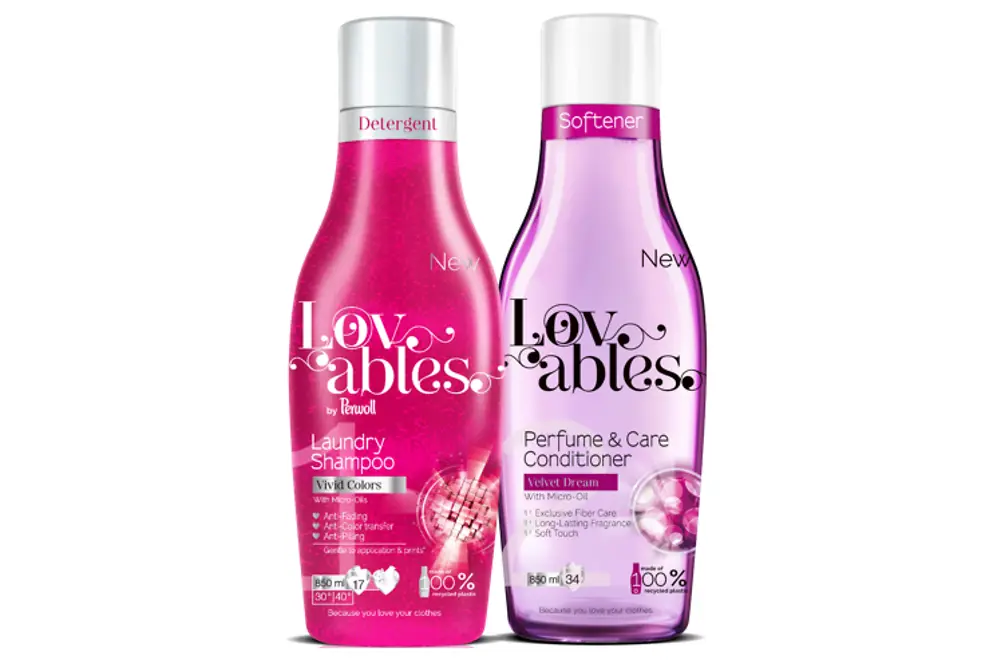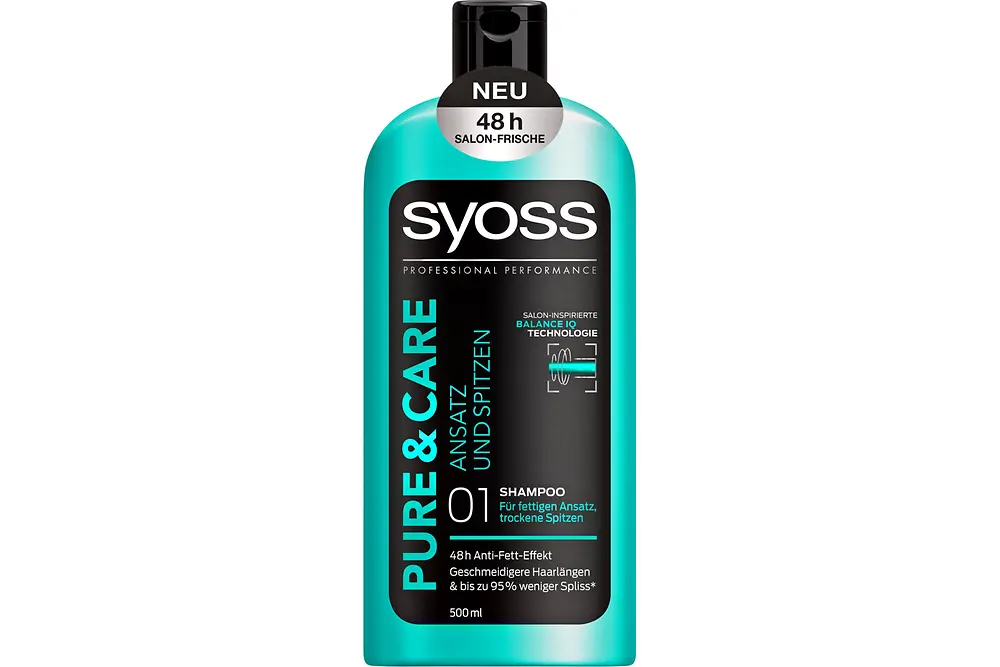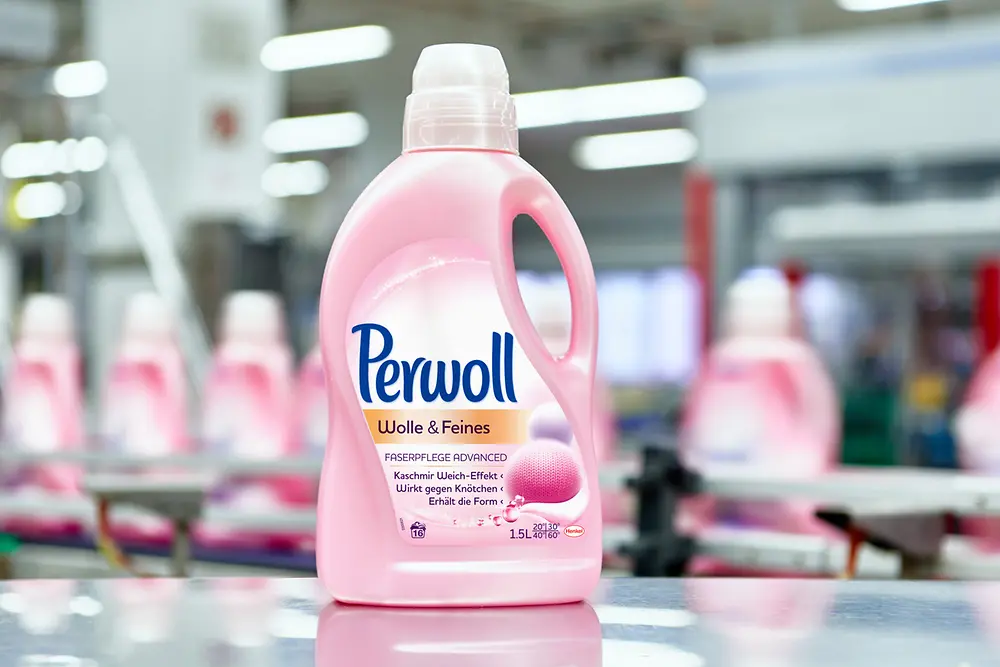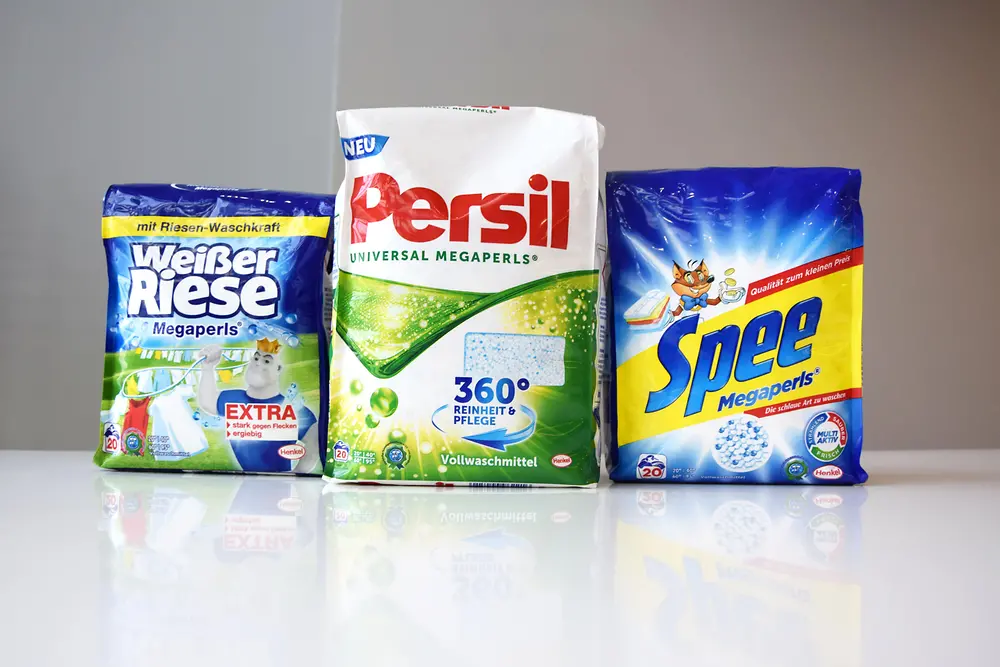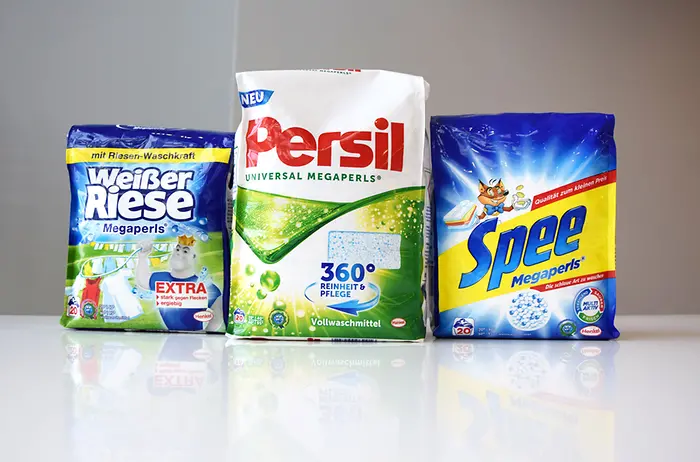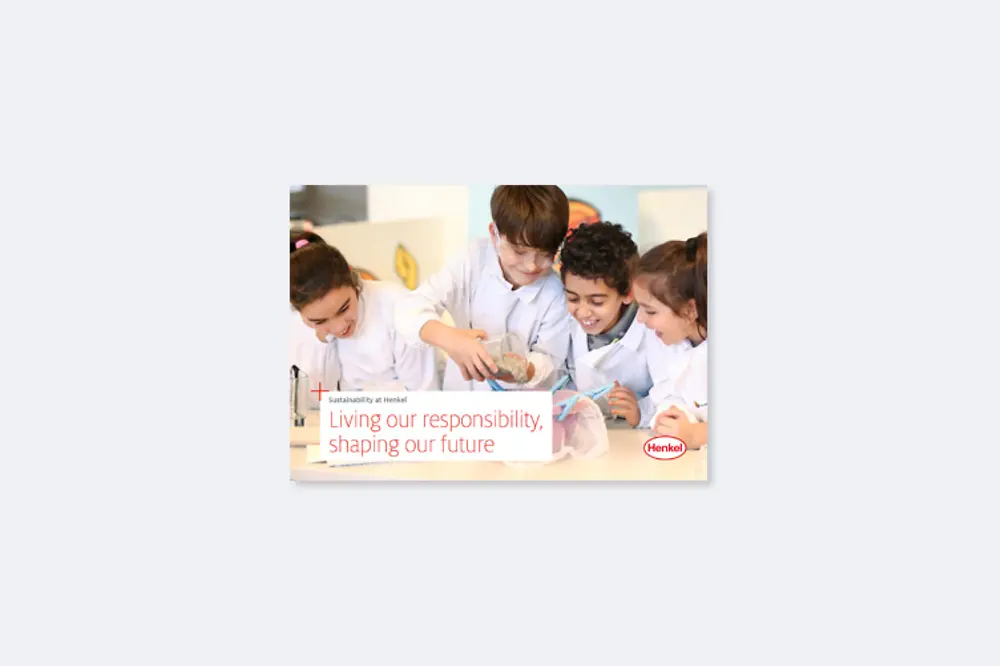“We follow three principles for sustainable packaging,” says Prof. Dr. Thomas Müller-Kirschbaum, Head of Global Research and Development in Henkel’s Laundry & Home Care business unit. “First, we want to reduce the amount of packaging we use. Second, we’re adapting our packaging to contain more recycled material and make it easier to recycle. This will build momentum toward the ‘circular economy’ – where materials are gathered after use and can be reintegrated into new production processes over and over again.”
By pursuing these three principles across its entire business worldwide, Henkel is aiming to make a larger total contribution to sustainable packaging. The over 1.2 billion consumer products with packaging containing recycled material include examples from all areas of Henkel’s uniquely diverse portfolio. The bottle and applicator nozzle for Pattex “Made At Home” all-purpose glue, for instance, are made from 100 percent recycled material. As an example from Henkel’s Beauty Care business unit, the bottles used for the Syoss hair care shampoo range now include 25 percent recycled plastic, and the material has an 80 percent lower carbon footprint than comparable new material. Similarly, the Lovables laundry detergent brand also comes in bottles that are made from 100 percent recycled plastic.
In March, Henkel announced a new partnership with the non-governmental organization Waste Free Oceans to collect plastic waste from oceans and rivers. This collaboration builds on Henkel’s existing activities related to sustainable packaging and recycling, such as its partnership with the social enterprise Plastic Bank, which aims to stop ocean plastic and provide opportunities for people in poverty.
Product packaging fulfils important functions like ensuring hygiene and providing space for information about safe and sustainable product use. However, one challenge is that recycled plastic is not available in sufficient quantity and quality. It can, for example, carry undesirable odors that affect the product. Henkel’s experts are engaged in several cross-industry initiatives to drive progress toward solutions for these challenges. One example is the New Plastics Economy, a three-year initiative led by the Ellen MacArthur Foundation that brings key stakeholders together to redesign the future of plastics. Henkel is also participating in CEFLEX, a consortium of around 50 European companies and organizations aiming to make flexible packaging – which consists of multiple layers of film or foil that are often difficult to separate – easier to recycle.
“Progress toward sustainability in packaging will only be possible if organizations from all stages in the packaging value chain work together,” says Müller-Kirschbaum. “By sharing our knowledge, we can develop innovative technologies and identify improvements to infrastructure that make packaging easier to recycle around the world.”
More information about Henkel’s approach to sustainable packaging can be found at www.henkel.com/sustainability/positions/packaging





